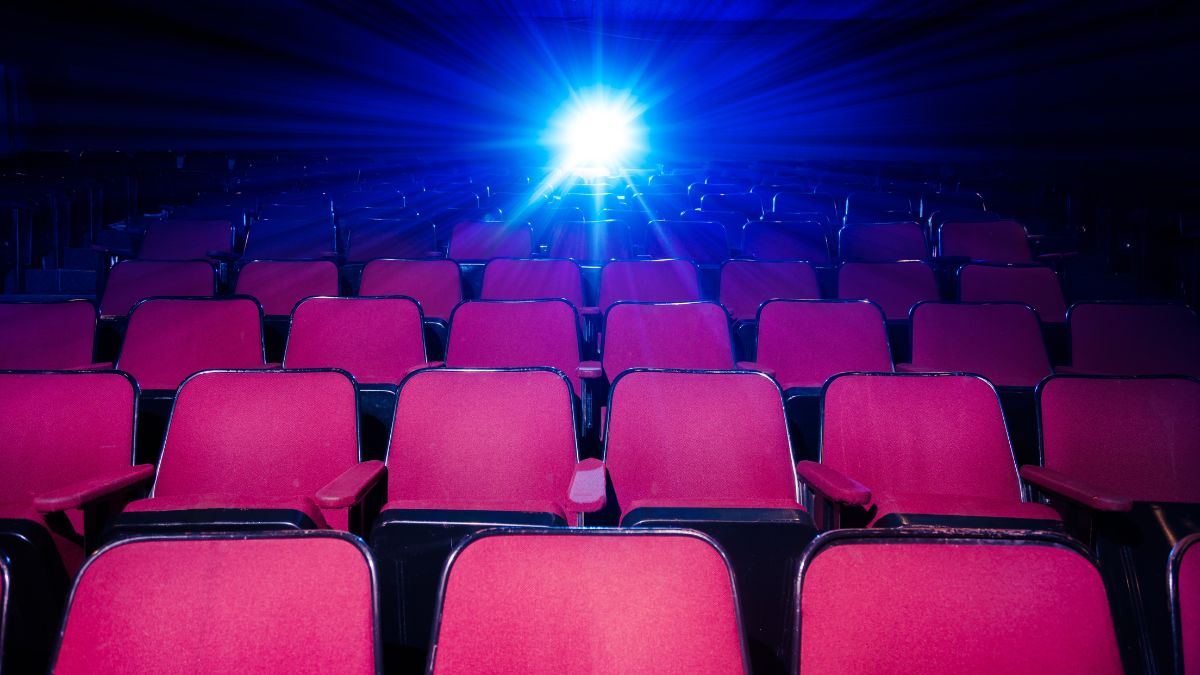Gone with the Wind: An Epic of the 1930s
Gone with the Wind: An Epic of the 1930s
The Impact of the Great Depression on Hollywood

The Impact of the Great Depression on Hollywood
In the heart of the 20th century, as the world grappled with the cataclysmic aftermath of the stock market crash of 1929, an era of unprecedented hardship unfolded, casting its long, dark shadow over the United States. This period, known as the Great Depression, saw the very fabric of American life unravel, with millions thrust into the depths of poverty, unemployment soaring to unimaginable heights, and the flames of despair licking at the hope of a nation. Yet, amidst this economic turmoil, a beacon of light emerged from an unexpected quarter: Hollywood. The impact of the Great Depression on Hollywood is a tale of resilience, innovation, and the indomitable spirit of storytelling that not only survived the harshest of times but thrived, transforming the landscape of entertainment forever.
As the Depression tightened its grip on the nation, one might have expected Hollywood to crumble under the weight of economic despair. But the opposite occurred. Hollywood, in a display of awe-inspiring resilience, adapted and evolved, becoming more than just an industry; it became a lifeline for a beleaguered populace. Movie theaters, those hallowed halls of escapism, became sanctuaries where weary souls could find respite from their troubles, if only for a couple of hours. Films of the era, imbued with themes of hope, courage, and the triumph of the underdog, resonated deeply with audiences, offering a mirror to their struggles and aspirations.
The Great Depression also ushered in a golden age of cinematic innovation and creativity. In the face of adversity, Hollywood filmmakers pushed the boundaries of the medium, experimenting with new genres, storytelling techniques, and technologies. The 1930s saw the rise of the screwball comedy, a genre that juxtaposed the opulence of the wealthy with the pluck and ingenuity of the common man, offering both a critique of social inequalities and a much-needed dose of laughter. Musicals, too, soared in popularity, their lavish productions and catchy tunes providing an intoxicating escape from the drudgery of daily life.
Moreover, this era was marked by the advent of groundbreaking technological advancements in film. The introduction of Technicolor brought the screen to life in vibrant hues, offering audiences a visual feast and a glimpse into a world beyond the gray monotony of the Depression era. Sound, too, became a more sophisticated and integral part of filmmaking, enhancing the emotional depth and immersion of cinematic experiences.
The resilience of Hollywood during the Great Depression had far-reaching effects, not just on the entertainment industry, but on American culture and society at large. It reinforced the power of storytelling as a means of fostering hope, unity, and a sense of shared humanity. Hollywood’s tales of heroism, love, and adventure served as a balm to the national psyche, reminding people of the potential for beauty and joy even in the darkest of times.
In reflecting on the impact of the Great Depression on Hollywood, one cannot help but be awestruck by the industry’s ability to not just endure but flourish in the face of adversity. Hollywood’s response to the economic challenges of the era is a testament to the enduring power of creativity, innovation, and the human spirit. It stands as a poignant reminder that even in the darkest of times, art can illuminate the path to resilience, hope, and renewal, touching the hearts of millions and leaving an indelible mark on the tapestry of human history.